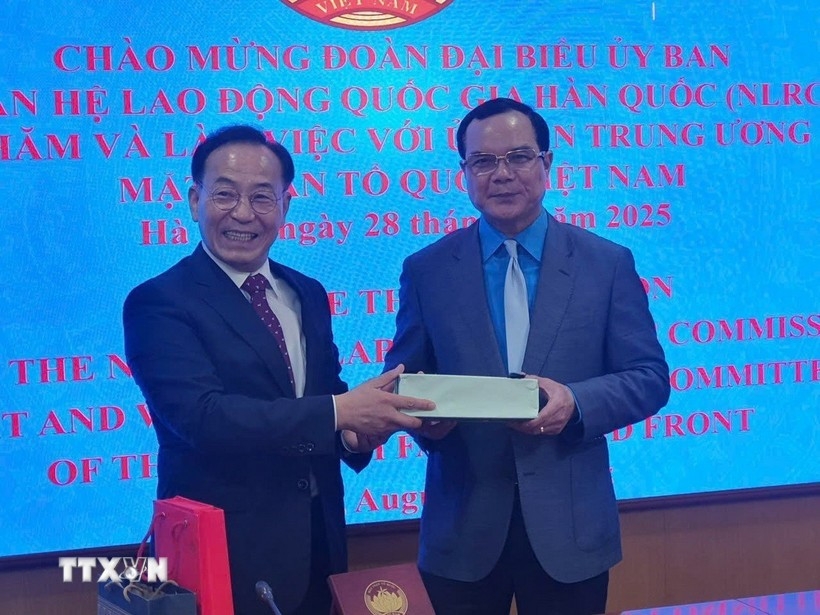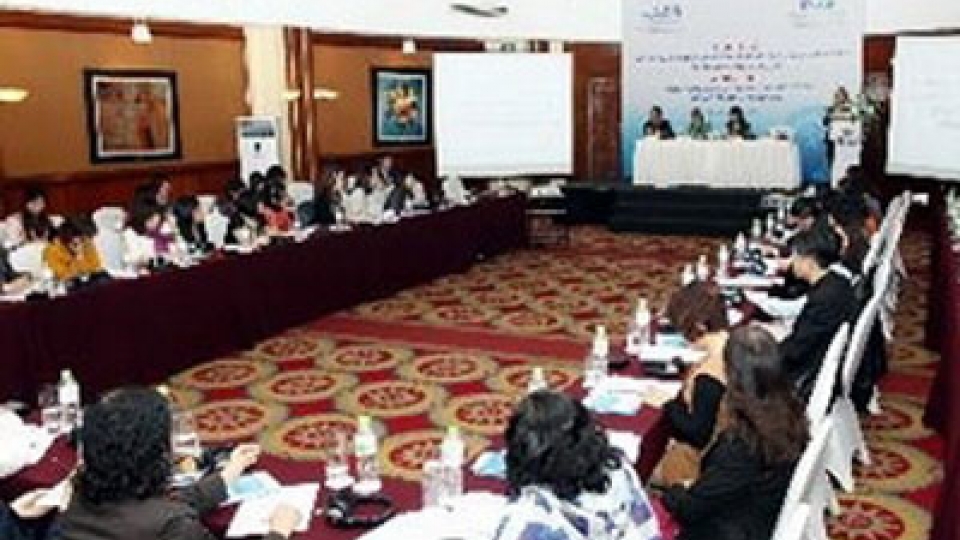Vietnam, RoK team up to boost worker rights, jobs
Vietnam and the Republic of Korea (RoK) need to tighten cooperation and share more labour-related information to refine policies and foster a supportive environment for workers, said Vice Chairman of the Central Committee of the Vietnam Fatherland Front and President of the Vietnam General Confederation of Labour (VGCL) Nguyen Dinh Khang.

During a reception in Hanoi on August 28 for Chairman of the RoK’s National Labour Relations Commission (NLRC) Kim Tae-gi, Khang said the visit coincided with the 80th anniversary of Vietnam's National Day (September 2), a milestone for the country to reflect on its revolutionary history and development.
According to him, eight Vietnamese sectoral trade unions and 12 provincial labour federations now maintain active ties with Korean counterparts. These ties have facilitated exchanges on protecting workers’ rights, with a focus on policies and vocational training to help workers secure higher-skilled, better-paying jobs.
He urged the NLRC and other Korean agencies to foster closer and more regular collaboration with Vietnam, suggesting quotas for Vietnamese workers under the Korean employment permit system, particularly in shipbuilding and agriculture, while also facilitating access to other high-demand sectors.
In response, Kim said he was recently tasked with safeguarding the rights of foreign workers in the RoK, including those from Vietnam. With bilateral relations upgraded to a comprehensive strategic partnership, Korean companies are flooding into Vietnam and Vietnamese workers are flocking to the RoK, he noted.
He called on Vietnamese agencies and VGCL to support Korean firms and organisations as they expand operations in the country.
Both sides discussed labour market trends, worker training, employment needs, labour agreements, and dispute settlement.
The VGCL data showed that the Vietnamese workforce totals roughly 17 million, with over 8 million trade union members. Nearly 7 million are employed in industrial zones and foreign-invested enterprises.



